Netflix’s hottest new K-drama, Bon Appétit, Your Majesty, has left many viewers wondering whether it is purely fantasy or if it draws from real history. They would like to know that the drama, which mixes time-travel and romance, is partially based on history.
The show is not a documentary, but it borrows from real historical figures, events, and practices in Korea’s Joseon Dynasty, especially from the reign of King Yeonsangun, one of Korea’s most infamous rulers.
However, the series also takes creative liberties like changing names, compressing timelines, adding fantasy elements (time travel, magical cookbook, etc.), and building romance plots that did not exist in the historical record. It picks a time frame from Korean history and draws inspiration from real-life figures to craft a tale full of entertainment.
Netflix’s Bon Appétit, Your Majesty Swaps Names for Real-Life Personalities
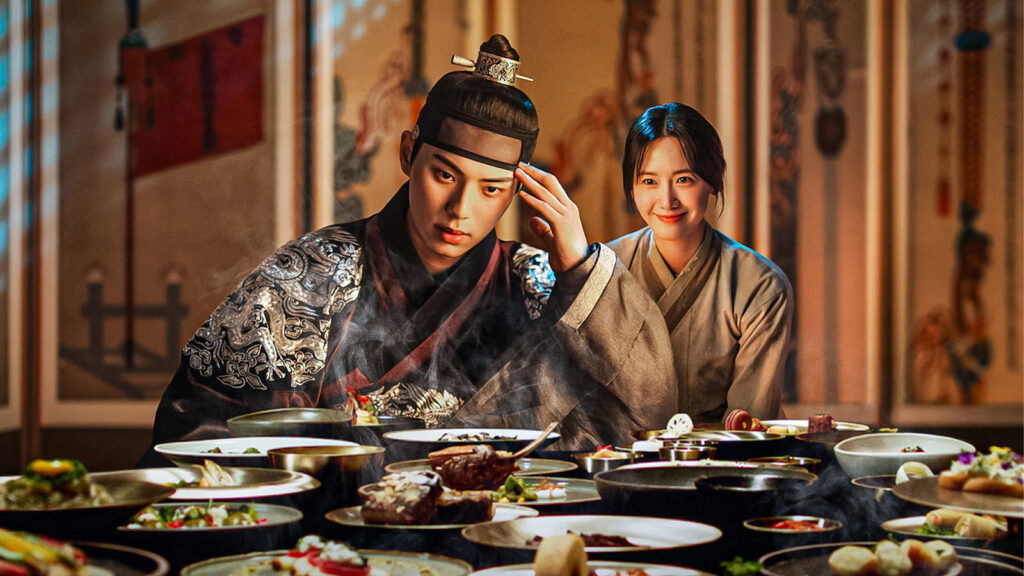
Netflix’s Bon Appétit, Your Majesty draws inspiration from history, but it does not adopt history literally. Instead, it has name swaps with the real-life king, King Yeonsangun of Josen, who reigned in Korea from 1494 to 1506.
Lee Chae-Min’s King Yi Heon is thus inspired by one of the most notorious tyrants of Korea. King Yeonsangun ruled the territory with an iron fist and is widely considered to have been a paranoid and cruel ruler.
However, the drama, by creating a fictionalized version of him, depicts him as initially cruel but eventually softened by love. We might get to see more of him turning over a new leaf in the upcoming 10th episode of the series.
Bon Appétit, Your Majesty Contains Several Historical References Apart from Lee Chae-Min’s King Yi Heon
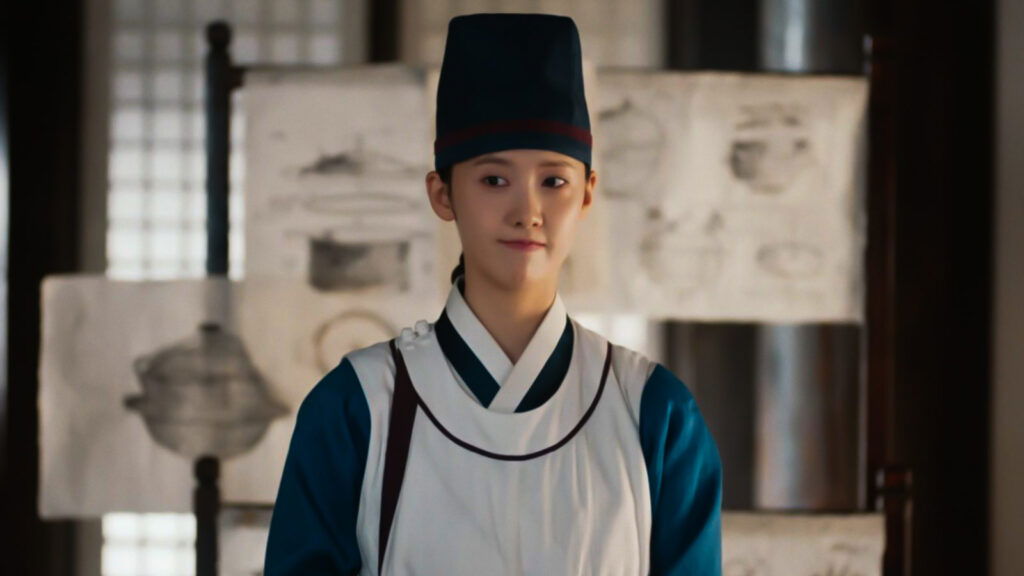
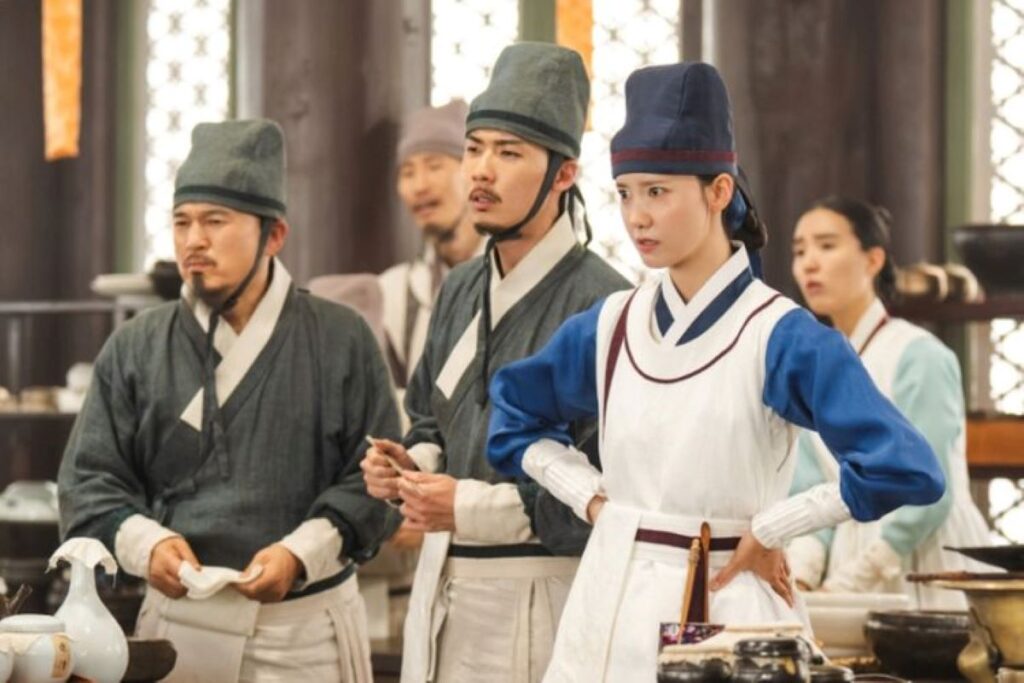
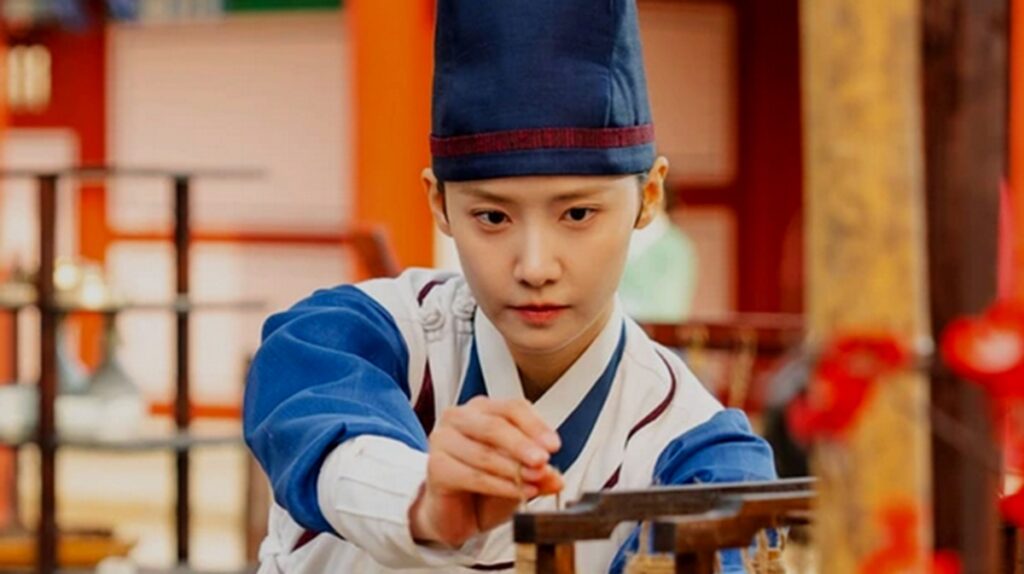
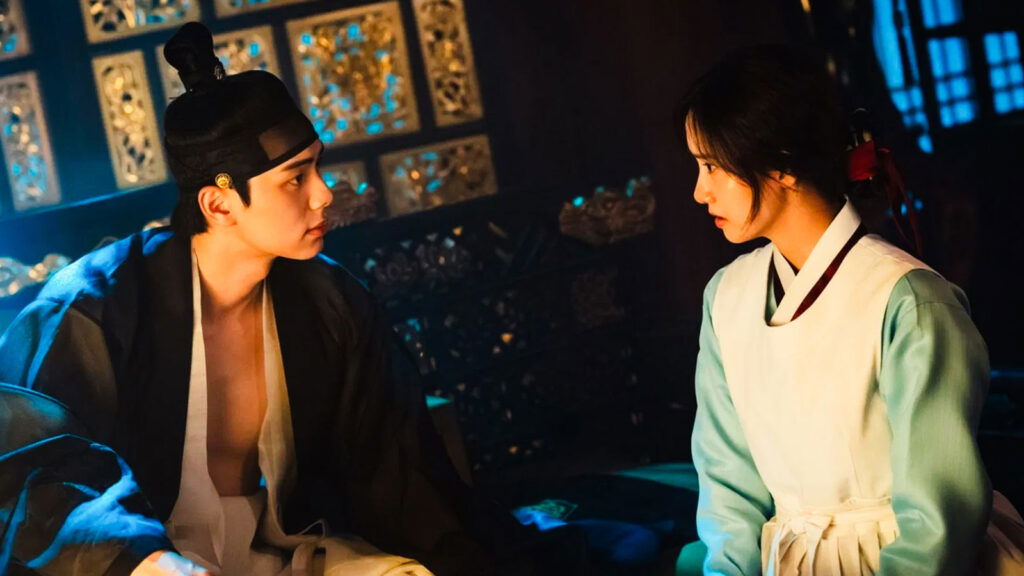
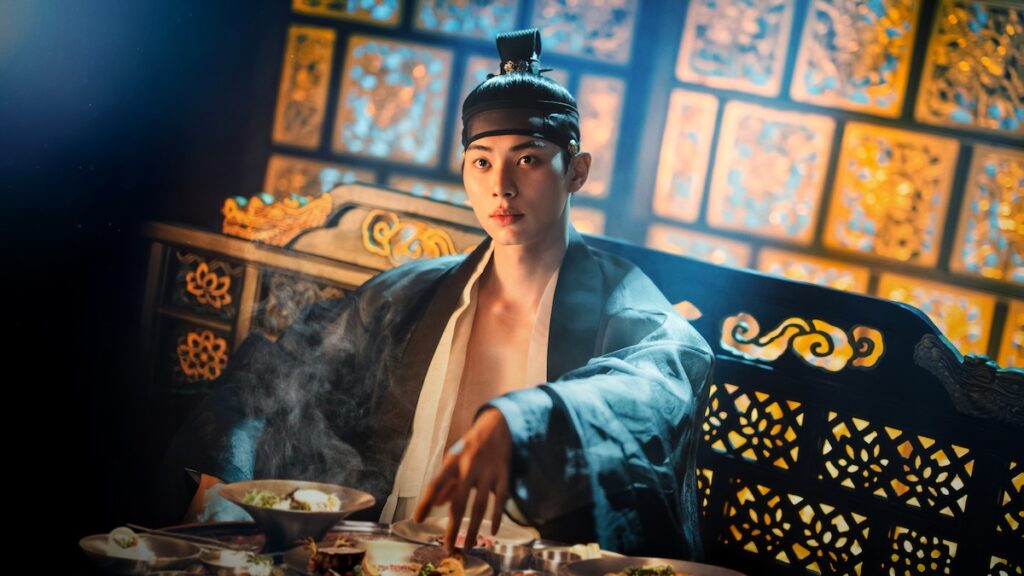
Even with the name change, Bon Appétit, Your Majesty includes a number of historical references and echoes of real events or practices.
Both Yi Heon and Yeonsangun were feared and carried out cruel acts at their will. Yeonsangun would impose cruel punishments and carry out acts of terror on anyone who displeased him. While Yi Heon is similar, Netflix has positioned him for redemption.
Moreover, the royal banquets that take place throughout the series also carry historical significance. In fact, these were real events that were central to the Joseon dynasty.
Furthermore, many features of “Yi Heon” are clearly inspired by Yeonsangun: childhood trauma (loss of his biological mother), a cruel, tyrannical reputation, authoritarian decrees, suppression of dissent, cruelty toward women, etc. Even the name Yi Heon sounds similar to the real-life king’s personal name, Yi Yung.
The drama also includes other details such as Yi Heon’s backstory. The real-life king and the fictional king share a similar story, as both were brought up believing another woman was their mother, while their real mother, a queen, was executed by being forced to drink poison. Yi Yung learned this detail later in his life, and it is considered to be one of the reasons why he ended up being so insatiable and cruel.
Other minor details like treatment of consorts or concubines (“chaehong”), the ways women in court could be forced into palace service, confiscation of homes or lands for royal use, the power of court officials, and grand queen dowagers also have precedents in Joseon history.
While some are dramatized or exaggerated, the kernel of many is historical.
Hence, Bon Appétit, Your Majesty walks a line between historical fiction and romantic fantasy. What do you think about how it borrows from real-life events and details? Let us know in the comments below!
Bon Appétit, Your Majesty is available for streaming on Netflix.




